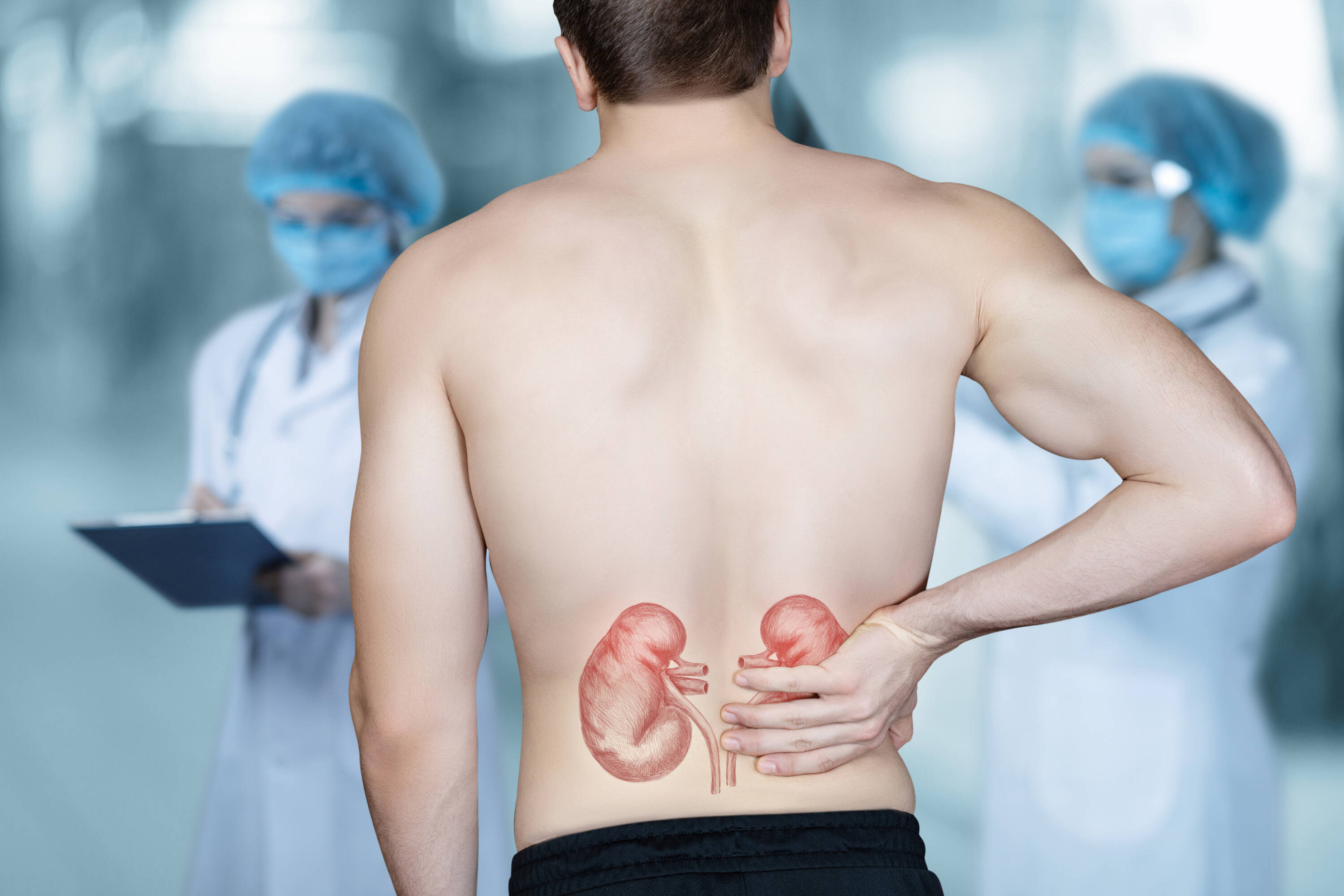Six keys to detecting and treating kidney cancer, which continues to increase in Colombia.

Kidney cancer is the seventh most common type of cancer in men and the tenth in women, yet its name is rarely mentioned in everyday conversations about health. Figures show that its incidence is increasing. In 2022, Globocan estimated nearly 225,000 new cases worldwide, of which 35,927 were recorded in Latin America and 2,374 in Colombia. By 2027, the number is projected to reach 2,997 cases in the country.
The most worrying aspect is that a high percentage of diagnoses—around 30%—are made when the disease is already in the metastatic stage. Furthermore, although it is usually associated with older adults, one in eight cases occurs in people under 34 years of age.

Routine screenings and alertness to signs are key to detecting it. Photo: iStock
In the context of World Kidney Cancer Day, here are six key tips for detecting and treating this disease:
1. Identifying risk factors is the first step to preventing it Smoking, high blood pressure, diabetes, or obesity are conditions that increase the risk of developing kidney cancer. Smoking, in particular, doubles the likelihood of developing this disease. Therefore, it is important for those with these risk factors to be more vigilant and consult their doctor regularly.
2. Routine checkups can make a difference According to the International Kidney Cancer Coalition, simple tests such as monitoring blood pressure, analyzing urine, and taking a blood test can detect warning signs. High blood pressure can indicate poor kidney function, while the presence of protein in the urine (proteinuria) or altered levels of creatinine and eGFR in the blood can suggest problems that require evaluation. Detecting these signs early can change the course of the disease.
3. Paying attention to silent signs saves lives Kidney cancer often progresses without causing discomfort. By the time symptoms appear, such as bleeding during urination or lower back pain, it's likely already in an advanced stage. In fact, nearly 30% of diagnoses are made in the metastatic stage.
“It's increasingly common to find renal masses as incidental findings in imaging studies performed for other reasons. This gives us a unique opportunity to detect them early and improve patients' prognosis,” explains Dr. Julián Chavarriaga, a urologic oncologist at the Luis Carlos Sarmiento Angulo Cancer Treatment and Research Center (CTIC).

Every day, more Colombians are diagnosed with kidney cancer. Photo: iStock
In advanced kidney cancer, every day counts. The disease can progress rapidly, so avoiding delays in starting treatment is essential. “Starting treatment at the right time, without delay, allows for better control of tumor progression and can improve clinical response,” warns Dr. Chavarriaga.
5. Adherence to treatment is essential for its effectiveness Failure to follow medical instructions correctly can directly affect outcomes. Lack of adherence can lead to loss of effectiveness, disease progression, drug resistance, and an increased risk of complications or hospitalizations. Consistent and uninterrupted treatment adherence is one of the most important steps in combating this type of cancer.
6. Teamwork between specialists improves care The approach to kidney cancer must be comprehensive. “Teamwork between urologists, oncologists, and other specialists is essential to optimize treatment and the quality of life of patients with kidney cancer,” says Dr. Ray Manehh, an expert in kidney oncology. This approach allows for tailoring medical decisions to each case, improving clinical outcomes, and providing comprehensive support to patients and their families.
Every day, more Colombians are diagnosed with kidney cancer without having had any prior symptoms. This June 19th is an opportunity to remember that talking more about this disease, being aware of its risk factors, and prioritizing early detection can make a difference. Every day counts.
Environment and Health Journalist
eltiempo


%3Aformat(jpg)%3Aquality(99)%3Awatermark(f.elconfidencial.com%2Ffile%2Fbae%2Feea%2Ffde%2Fbaeeeafde1b3229287b0c008f7602058.png%2C0%2C275%2C1)%2Ff.elconfidencial.com%2Foriginal%2F77e%2Fc44%2Fa4a%2F77ec44a4a61fee16a5129bd30e72d03b.jpg&w=1280&q=100)
%3Aformat(jpg)%3Aquality(99)%3Awatermark(f.elconfidencial.com%2Ffile%2Fbae%2Feea%2Ffde%2Fbaeeeafde1b3229287b0c008f7602058.png%2C0%2C275%2C1)%2Ff.elconfidencial.com%2Foriginal%2F983%2F0a1%2Ff9e%2F9830a1f9ef266e77abe4e280cc4a0316.jpg&w=1280&q=100)
%3Aformat(jpg)%3Aquality(99)%3Awatermark(f.elconfidencial.com%2Ffile%2Fa73%2Ff85%2Fd17%2Fa73f85d17f0b2300eddff0d114d4ab10.png%2C0%2C275%2C1)%2Ff.elconfidencial.com%2Foriginal%2Ff0a%2F00c%2F114%2Ff0a00c1144c3f4fa1b490d2045d494d7.jpg&w=1280&q=100)
%3Aformat(jpg)%3Aquality(99)%3Awatermark(f.elconfidencial.com%2Ffile%2Fbae%2Feea%2Ffde%2Fbaeeeafde1b3229287b0c008f7602058.png%2C0%2C275%2C1)%2Ff.elconfidencial.com%2Foriginal%2Fc89%2Fc0b%2F92a%2Fc89c0b92aa61a49631f688af3464cb62.jpg&w=1280&q=100)